Keywords: Racial Discrimination
-
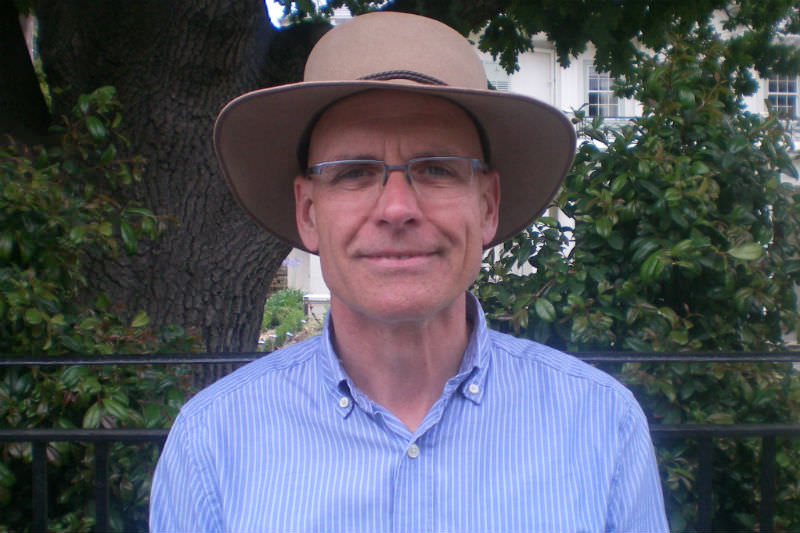
AUSTRALIA
- Yen-Rong Wong
- 05 June 2018
26 Comments
People have always had issues with my name. They don't pronounce it properly, or want to give me a nickname, or straight up make jokes out of it. I've lived a life of people telling me my name was too different, too hard. One afternoon at the office of my real estate agent, whiteness once again wanted to erase my name.
READ MORE 
-
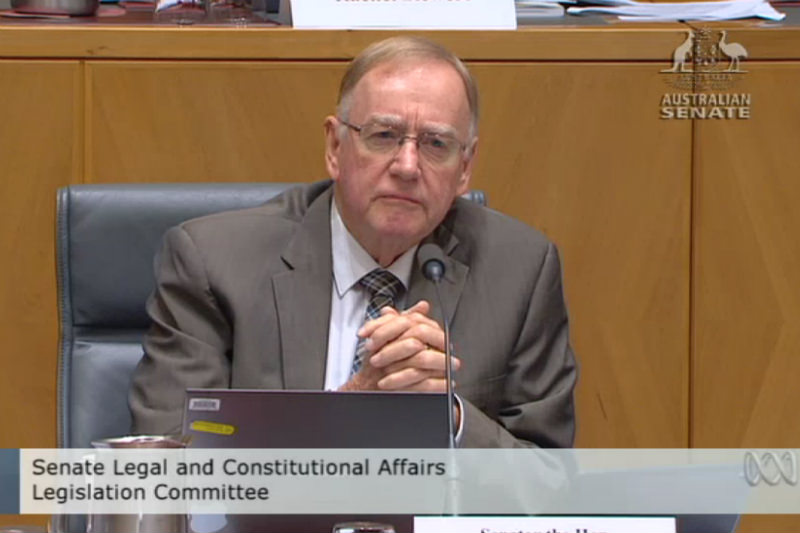
AUSTRALIA
'Racism seems to make the news a lot,' notes Jacqueline Maley, for a country that according to Queensland LNP senator Ian Macdonald has either no or only isolated racism. The most vicious, blatant racial abuse I have experienced or witnessed has been on public transport. Every abuser has been white. Almost all are men.
READ MORE 
-
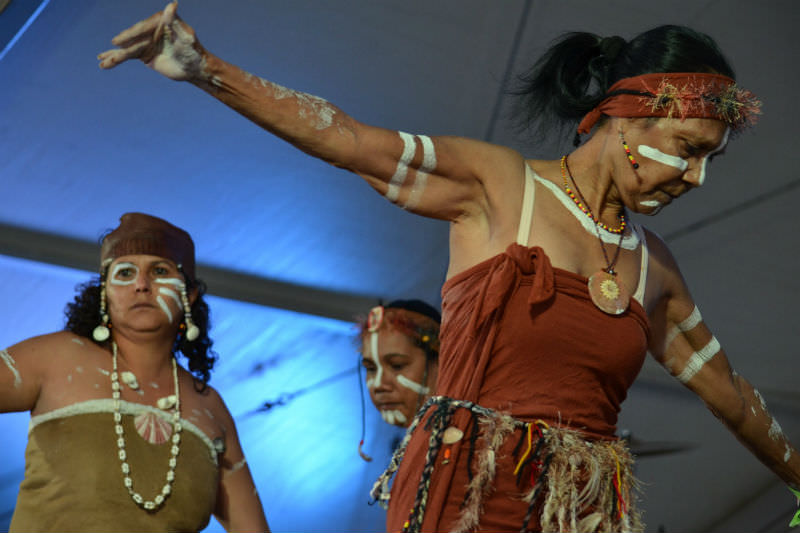
AUSTRALIA
- Celeste Liddle
- 06 March 2018
11 Comments
The sole purpose of bringing up Aboriginal women who are victims of abuse in political discussions is often to further oppress our populations. It's certainly not to give those women a voice, empower them to build solutions and ensure that these solutions are funded adequately.
READ MORE 
-
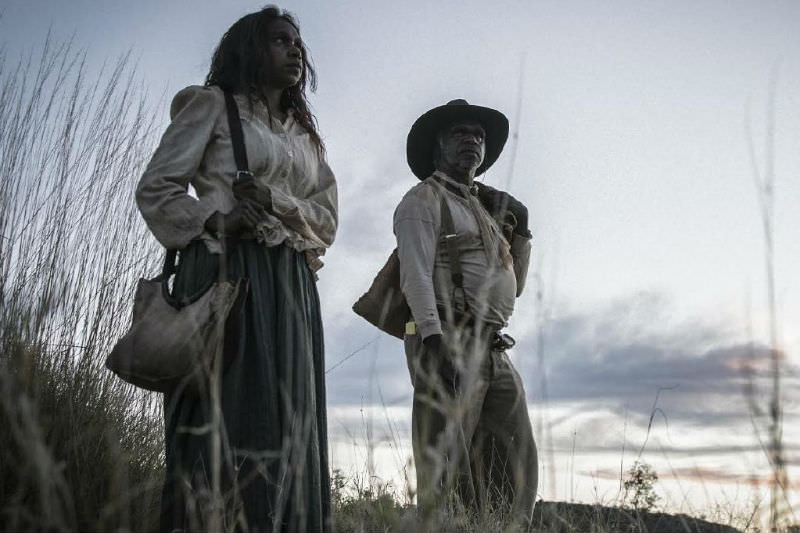
ARTS AND CULTURE
- Tim Kroenert
- 31 January 2018
6 Comments
Aboriginal filmmaker Warwick Thornton exercises his visual mastery to its fullest in order to elevate a straightforward story of outback brutality and racial prejudice to the proportions of myth.
READ MORE 
-
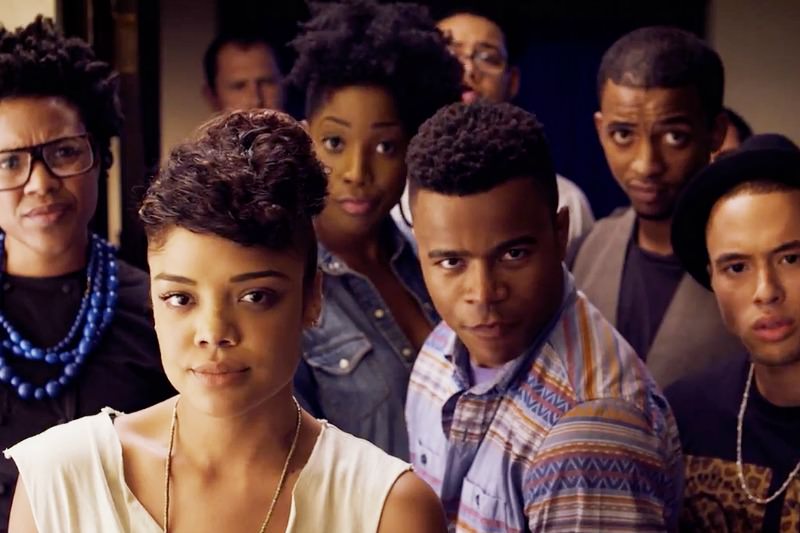
AUSTRALIA
- Sonia Nair
- 10 January 2018
5 Comments
I hung out with a group of Indian-Australians while I was a university student who called themselves 'curries', but the unspoken camaraderie that ensued from this self-identification stood in stark contrast to that time I was called a 'f***ing curry' by a passing car full of white people.
READ MORE 
-
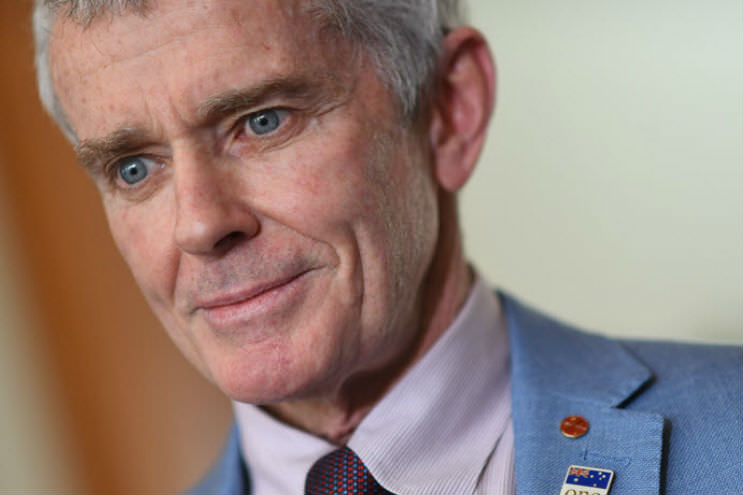
AUSTRALIA
- Celeste Liddle
- 09 January 2018
4 Comments
It seemed enough for many 'progressives' that the majority of the people who had fallen by the dual citizenship wayside were Coalition members, with the added bonus of Malcolm Roberts. I began to wonder why what is essentially an issue of racism and discrimination was not considered a priority for those who state they believe in social justice.
READ MORE 
-
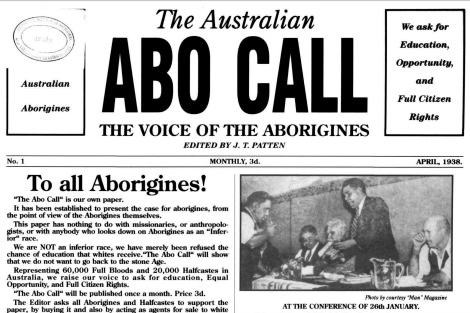
AUSTRALIA
- Dani Larkin
- 09 January 2018
In the face of historically low levels of Indigenous representation in our parliaments, the Indigenous caucus between Commonwealth, State and Territory Labor representatives points to some progress. But we have a long way to go.
READ MORE 
-
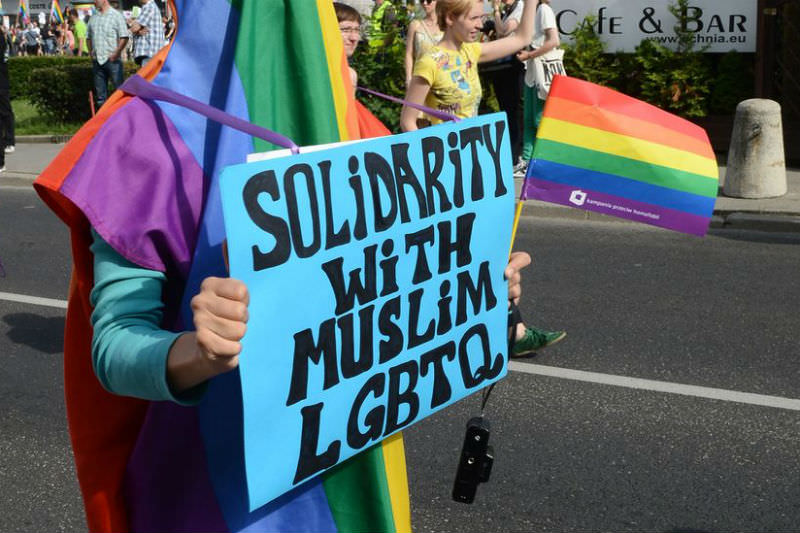
AUSTRALIA
- Irfan Yusuf
- 17 November 2017
17 Comments
During the month of Muharram, the No message was being handed out at mosques and spoken from the pulpits. Yet many Muslims voted Yes not because we wanted to reinvent the Islamic idea of marriage, but because the scriptures teach that we should stand up for justice even if it goes against our families and ourselves.
READ MORE 
-

AUSTRALIA
- Celeste Liddle
- 13 November 2017
11 Comments
It seemed enough for many 'progressives' that the majority of the people who had fallen by the dual citizenship wayside were Coalition members, with the added bonus of Malcolm Roberts. I began to wonder why what is essentially an issue of racism and discrimination was not considered a priority for those who state they believe in social justice.
READ MORE 
-
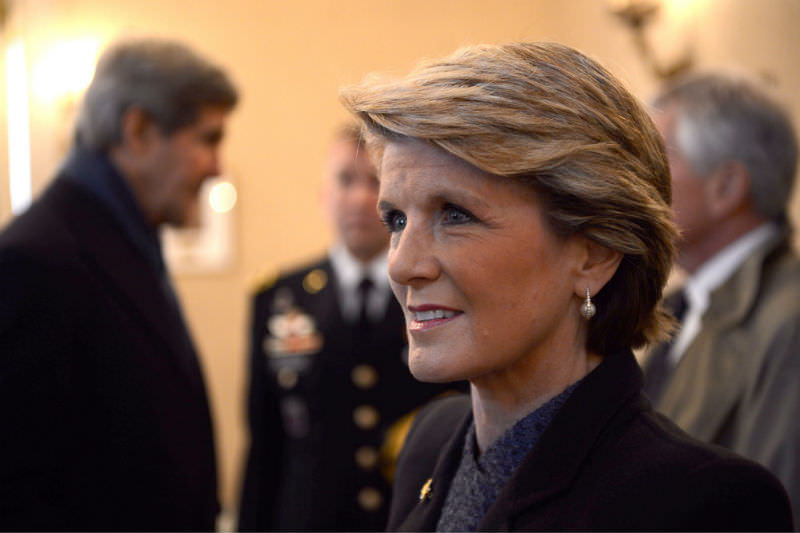
AUSTRALIA
- Kate Galloway
- 25 October 2017
5 Comments
Within the one week, the UN announced Australia would be joining the Human Rights Council, and the UN Human Rights Committee criticised Australia for 'chronic non-compliance'. The dissonance of these two stories calls into question Australia's commitment to human rights, even as it proclaims its global human rights leadership.
READ MORE 
-
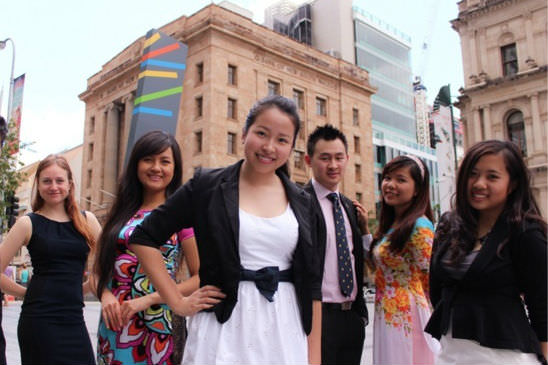
AUSTRALIA
- Tseen Khoo and Jen Kwok
- 02 October 2017
5 Comments
Our national population is more diverse than ever, particularly when it comes to those of Asian Australian heritage. Just how diverse is something we need to examine more closely if we are to develop a more inclusive, welcoming society.
READ MORE 
-
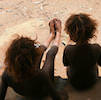
AUSTRALIA
- Sandra Norsen
- 08 August 2017
13 Comments
In the wake of the Elijah Doughty verdict I find myself considering the implications for my own family and loved ones. I have followed for some time the extraordinary number of American citizens recklessly killed by police (over 700 so far this year and counting) and I am distraught at the disproportionate number of black people, including minors as young as 14 and 15, represented in these statistics. The prejudice and self-righteous bigotry behind these deaths in unconscionable. But until the Elijah Doughty case, I had not considered that this horrific, racially motivated violence does occur so much closer to home.
READ MORE 